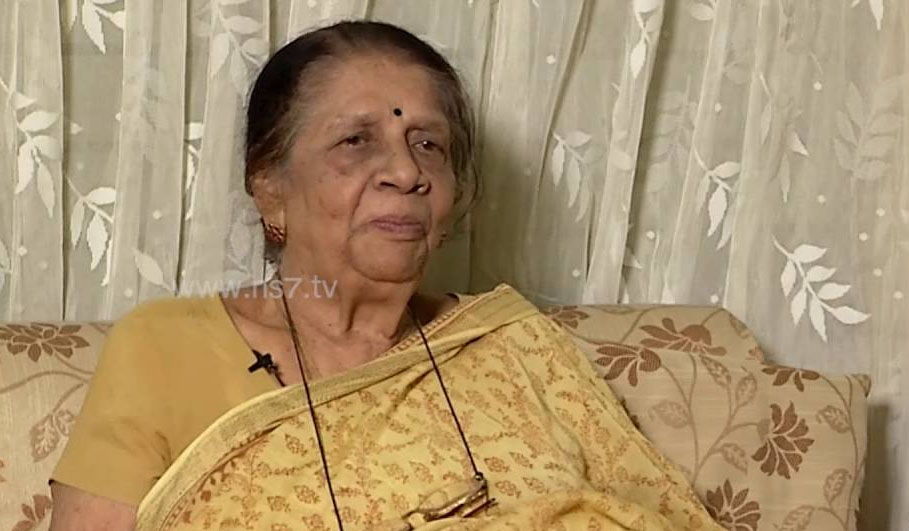By Dr Jaya Arunachalam
The dawn of the year 2017 has resulted in the positive hope for over 1.25 billion Indian citizens due to new decisions and announcements of the Government. The Prime Minister on December 31, 2016 announced several new schemes as a future action plan to facilitate farmers, women particularly pregnant women, senior citizens, the small and medium scale enterprises (MSME), the land retailers in addition to poverty alleviation schemes to double the impact of demonetisation on the vulnerable constituencies. Therefore, it is expected that the government’s new initiatives are likely to be pro-poor and pro-development initiatives as well.
However for the past two months one can remember the untold sufferings and hardship of the common people went through, when the government over night demonetised Rs.500 & Rs.1000 notes. The action followed was that bank’s /ATM’s were out of expected cash. Though the government intention is to curb black money, corruption, fake currency and terrorism it was the honest citizen that often bore the brunt of this action.
The country witnessed the unusual scene of thousands of its citizens waiting in long unending queues to deposit/withdraw their own money from banks, post offices and ATMs. It demonstrates not only the hardships faced by the common men and women but also many of them were hardly able to attend their work with the result of either losing their wages or turn-up late for work. There are cases where senior citizens have died of exhaustion standing in queues for hours, the families suffer to admit sick patients as private hospitals refused to take old currency notes of 1000 and 500 denomination. Besides the banks were dispensing more of Rs.2000 notes than those of lower denominations. Giving new Rs.500 notes along with Rs.2000 notes would have placed much less strain on citizens.
The lower segment of the population who constitute the base of the pyramid use currency to meet their daily transactions, without any practice in digital transactions, felt extremely disappointed with no hope. The daily wage earners, small traders, shop keepers, vegetable vendors, farmers, craftsmen and the entire working class who belong to the unorganized sector were affected. Most affected being the rural people in villages and rural areas where the penetration of banking system is poor. As poorer they were some of them have had to forgo buying essential food and other necessities.
How to compensate the losses of the above mentioned people particularly the unbanked group of people without any ID proof, bank account, debit/credit cards leave alone internet banking. Well even for the future how to orient them towards a cashless transaction/society. Barring few states in India with high literacy rate how is it possible to promote a cashless/digital transaction. How to convince the people under these circumstances i.e., majority of people who prefer to use cash over digital money atleast to keep up financial discipline?
The housewives and elderly senior women at home both in rural & urban areas have the habit of saving a small part of money at home. Such savings are used towards rainy day, medical emergencies, education, marriage and other functions. As women in India are prone to become victims of their male counterparts particularly in lower middle class, women do save some money without the knowledge of other family members including husband to meet family contingencies. Such emergency savings by housewives cannot be termed as black money/hoardings. As it is only thrift and savings.
Further one must become aware it is not easy to find black money transparent as most of the black income is kept in the form of physical assets like gold, land, buildings etc. Hence the amount of black money countered by demonetization depends upon the amount of black money held in the form of cash or found in the country is estimated to be small than expected. Then why should the poor pay the price for the rich for all their ill-gotten wealth? Why should the common man be penalised while targeting the black money hoarders.
The demonetisation concept, though introduced by the government is not a new concept, it is excellent where the objectives are laudable. But the success of this move totally depends on its implementation process where if it moves in the right track, it would enable to bring in to focus huge amount of undisclosed asset that can be used to fight against the main issue such as poverty. But improper implementation would create chaos, panic, fear among the common men and especially women.
With the dawn of 2017 we fervently hope to see that this cleaning exercise will result to boost the spirit of the citizens towards the development and productive process of the country and better future for all.
( The author is President, WWF )
